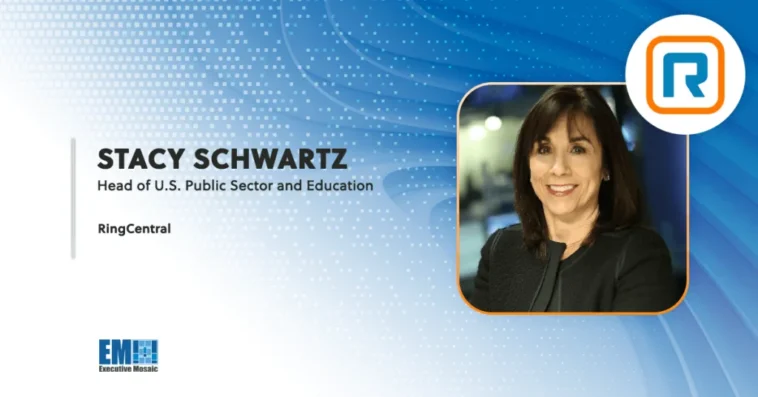Emergency services should include modern voice communication platforms in any discussion on capability modernization, according to Stacy Schwartz, head of U.S. public sector and education at RingCentral, the provider of a cloud-based communication platform.
In an opinion column published Wednesday on StateTech, Schwartz says that unlike analog voice communication tools, modern voice comes in the form of mobile apps that can integrate various data streams, benefiting disaster response as well as daily emergency medical services.
Modern voice can also feature various advanced technologies, including push-to-talk, artificial intelligence-powered video, live transcription and file sharing, enabling enhanced collaboration before, during and after an emergency.
Schwartz notes, however, that in order for a voice platform to be resilient, it needs to be high-quality and redundant.
The platform should also be scalable, meaning IT teams must be prepared to roll out backup systems to handle a rise in demand for communication.
The platform should be secure as well and be supported by third-party testing, fraud monitoring and incident response.





